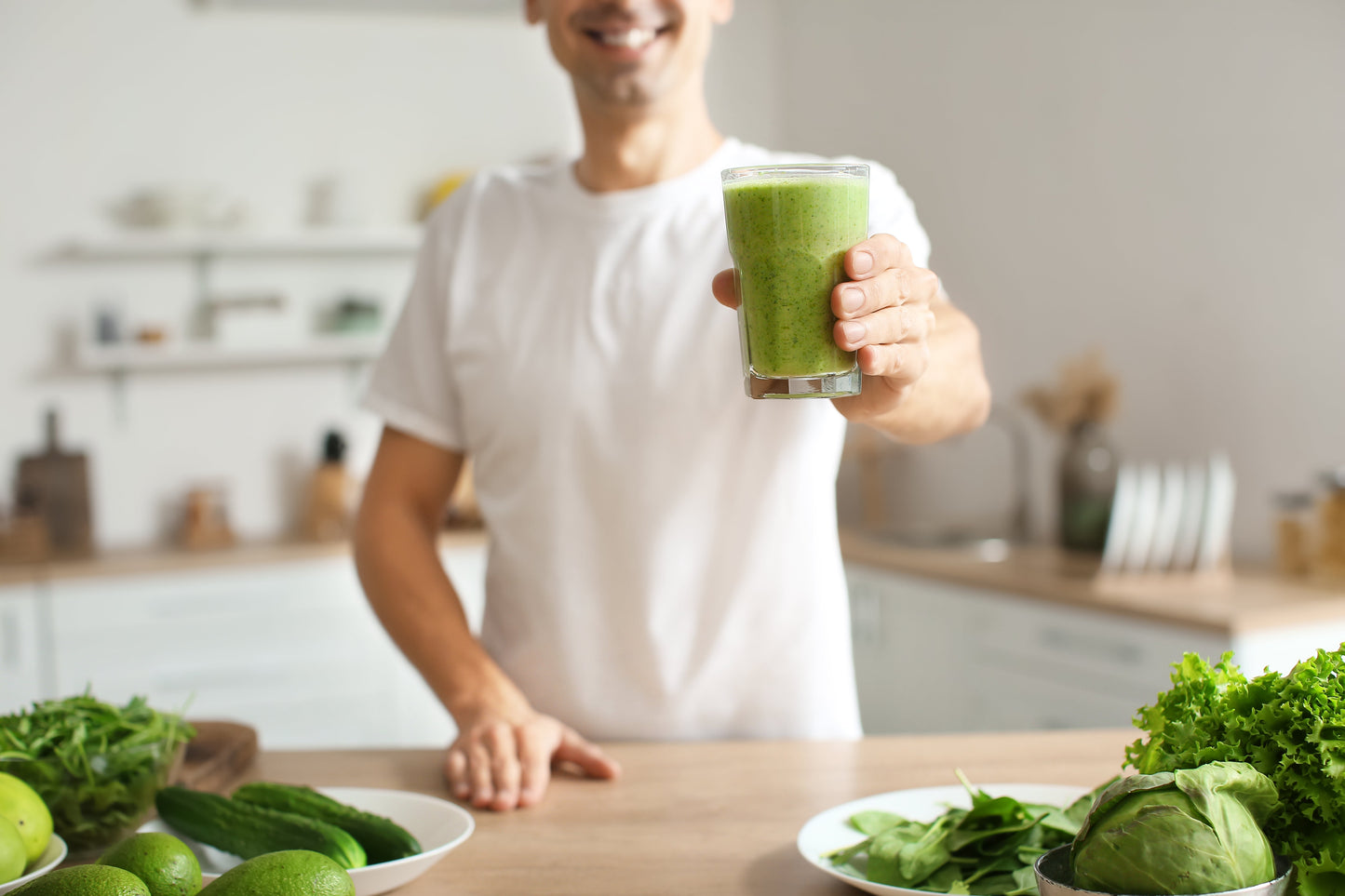
Stroke is the second leading cause of death worldwide and the fourth leading cause of death in the U.S. It’s a serious and often disabling medical emergency that can affect anyone, regardless of age, race, or gender.
While some stroke risk factors—such as age and family history—cannot be controlled, many others can. Lifestyle choices, particularly diet, play a significant role in lowering your risk. One of the most common recommendations from health professionals is to eat more fruits and vegetables. But how much of an impact does this really have on stroke prevention?
Stroke Risk and Diet: What the Research Says
In 2014, researchers from China conducted a meta-analysis (a study that combines results from multiple studies) to explore the relationship between fruit and vegetable consumption and the risk of stroke.
They examined data from 20 different studies, covering a total of 760,629 participants across the U.S., Asia, and Europe. Out of these, 16,981 participants experienced stroke events during the study periods.
The findings were striking:
-
People who ate the most fruits and vegetables had the lowest risk of stroke.
-
Those who ate the least had the highest stroke risk.
Fruits vs. Vegetables: How Much Makes a Difference?
When researchers looked at fruits and vegetables separately, they found both provided protective benefits:
-
For every 200 grams of fruit (about 1 ½ cups of sliced fruit) consumed per day, the risk of stroke decreased by 32%.
-
For every 200 grams of vegetables (about 2 ½ cups of chopped veggies) consumed per day, stroke risk decreased by 11%.
This suggests that while both are beneficial, fruits may have a slightly stronger impact on reducing stroke risk.
Why Fruits and Vegetables Help Prevent Stroke
The results aren’t surprising. Fruits and vegetables are rich in nutrients and antioxidants that support heart and brain health. They provide:
-
Vitamins and minerals (like potassium, vitamin C, and folate)
-
Fiber to support healthy cholesterol and blood sugar levels
-
Phytochemicals with anti-inflammatory and antioxidant properties
These nutrients work together to help prevent chronic conditions such as high blood pressure, diabetes, high cholesterol, and cardiovascular disease—all of which are major risk factors for stroke.
Recent Research Still Supports Fruit & Veg for Stroke Prevention
Since 2014, more studies have reinforced the powerful role of fruits and vegetables in protecting against stroke:
-
A 2017 meta-review confirmed that people with the highest fruit and vegetable intake had a 21% lower risk of stroke overall. Fruit alone was linked to a 23% reduction, while vegetables contributed a 14% reduction.
-
In 2020, the large EPIC cohort study (418,000 Europeans) found that every additional 200 grams of fruits and vegetables per day cut the risk of ischemic stroke (stroke caused by blockage) by 13%, with extra protection coming from dietary fiber.
- A 2011 Dutch cohort study highlighted the importance of raw produce: people who ate the most raw fruits and vegetables had a 30% lower overall stroke risk, compared with those with low intake—while processed options showed no association to risk.
-
Recent research on plant-based dietary patterns shows that diets heavy in vegetables and whole grains, with moderate fruit intake, provide nonlinear protective effects against stroke and other chronic diseases. Interestingly, some benefits vary by gender, with women seeing stronger advantages from nuts, seeds, and dark vegetables. This study was based on the China Health Nutrition Survey.
Together, these findings show that the protective link between fruits, vegetables, and stroke is similar across populations, cultures, and dietary styles.
Can We Say Fruits and Vegetables Directly Prevent Stroke?
It’s important to note that these studies show an association, not direct cause and effect. Eating more fruits and vegetables alone cannot guarantee stroke prevention. However, the evidence strongly supports that a diet high in fruits and vegetables is linked to a lower risk of stroke.
When combined with other healthy habits—like regular exercise, limiting alcohol, avoiding smoking, and maintaining a healthy weight—eating more plant-based foods may significantly reduce your chances of having a stroke.
Key Takeaway
Adding more fruits and vegetables to your diet is one of the simplest and most effective steps you can take to support heart and brain health. Even small daily increases—like an extra cup of fruit or a handful of vegetables—can make a meaningful difference in reducing your risk of stroke.
A simple way to boost your intake is by blending fruits and vegetables into your plant protein smoothies, making it easy and delicious to get multiple servings in one meal.
🥤 Smoothie Tip: Boost Your Stroke-Protective Power
Turn your plant protein smoothie into a heart-healthy powerhouse by adding:
-
1 cup of berries or chopped fruit (strawberries, blueberries, mango, or apple for example)
-
A handful of leafy greens or chopped veggies (spinach, kale, or cauliflower)
This simple swap adds extra vitamins, minerals, fiber, and antioxidants—helping you get more fruits and vegetables without extra effort.
So next time you plan a meal or snack, remember: every serving of fruits and veggies counts toward a healthier, stroke-free future.
